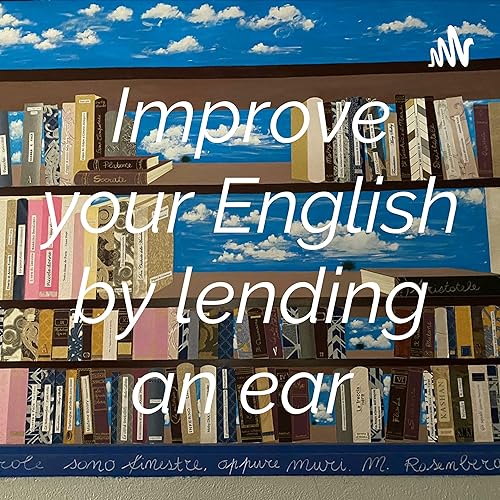‘Don’t Quit’ by Edgar Albert Guest is a simple poem about facing the difficulties in one’s life and persevering through them. Throughout ‘Don’t Quit,’ American poet Edgar Albert Guest uses simple language and diction to convey an inspirational message to readers. He spends the four stanzas asking readers to persevere no matter how hard their life is. It doesn’t matter what kind of situation one is in. One needs to work hard and never give in to the desire to quit. This is an inspirational poem that should inspire readers to work hard no matter how impossible a situation seems.
In the first stanzas of this poem, the speaker admits that things are going to seem “low” at points in one’s life. One might want to be happy but also have to deal with negative circumstances out of their control. On these occasions, he says, “rest if you must, but don’t you quit.” As the lines progress, the speaker includes several vague descriptions of people who have struggled, quit without knowing how close they were to success. The poem ends on the same note in which it began, inspiring readers to stick through the fight even when “you’re hardest hit.”
The tone is inspirational and determined. The speaker knows that life is hard, but through the lines of this poem, they are seeking to inspire the reader to persevere through the darkest times in their life. It is when things seem the worst that success is the closest.
The central theme of this poem is perseverance. No matter what one is dealing with within their life, it is important to stay strong, confident, and not quit, no matter what the outcome seems to be.
The purpose is to inspire readers to work hard throughout their life, no matter what situation they’re in. Even if they feel as though they are failing at everything they do, it is crucial to see through these failures and know that success is right around the corner.
The speaker is unknown. They are someone who believes in the power of positive thinking and perseverance. If one works hard enough, then they are sure to succeed in every avenue of their life. The exact identity of the speaker is not essential for one’s understanding of the piece as a whole.
 Feb 23 20233 min
Feb 23 20233 min Feb 23 20232 min
Feb 23 20232 min Feb 23 20232 min
Feb 23 20232 min Feb 14 20232 min
Feb 14 20232 min Feb 14 20231 min
Feb 14 20231 min Feb 14 20231 min
Feb 14 20231 min Feb 14 20236 min
Feb 14 20236 min
